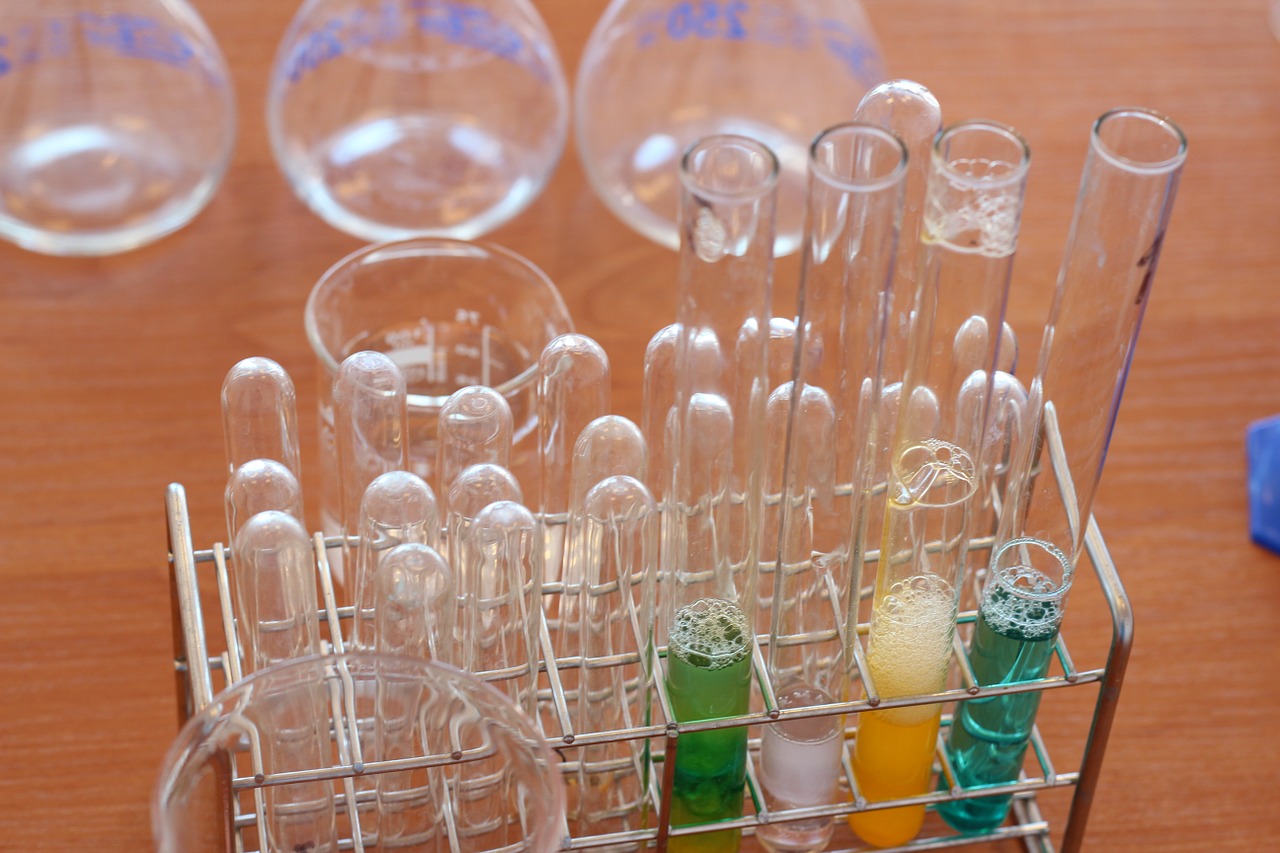Scientists at the University of Santa Barbara California have developed a method to safely administer drugs to the placenta without crossing over to the fetus, according to a published study in Science Advances journal.
With roughly 10 percent of pregnant women experiencing complications due to placenta malfunction, this new method could help prevent pre-term inductions and allow fetuses to develop in the womb while healing the placenta.
The technique involves using peptides, which have been used in research to target cancerous tumors without damaging other healthy cells, to target the placenta instead. In the study, growth hormones were sent to the placentas of mice using nanoparticles coated with these peptides. Remarkably, there were no changes in size to normal fetuses but the hormones did cause smaller fetuses to grow and there was no residue of the drug left in the mother or any trace of the drug in the fetuses.
According to Lynda Harris, the lead author of the study from University of Manchester in England, currently only one drug is considered safe for pregnant women, and that hasn't changed in 20 years. Science News Journal reports that this new method could allow for the safe use of many life-saving drugs and holds the possibility of one day avoiding premature births while treating complications that occur in early pregnancy.

